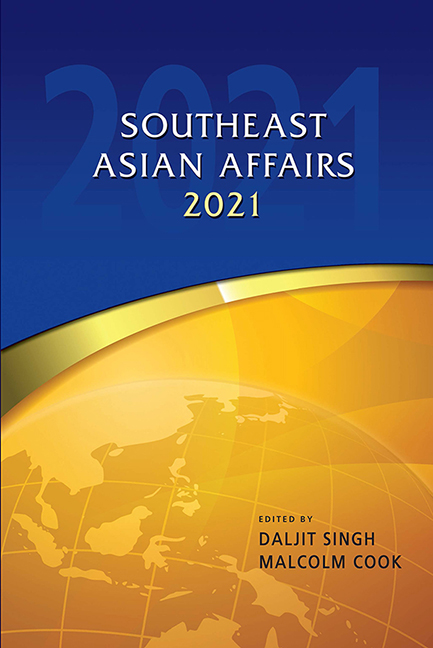Myanmar’s Foreign Policy under the NLD Government: A Return to Negative Neutralism?
Published online by Cambridge University Press: 09 October 2021
Summary
Introduction: The NLD Foreign Policy Manifesto and its Broken Promises
In the run up to Myanmar's 2015 general elections, the National League for Democracy (NLD) published a foreign policy manifesto that appeared in strict consonance with the diplomatic approach and overarching goals pursued over the course of the previous quinquennium under the banner of Thein Sein's “positive non-alignment”. According to the document, the key mission was to practice:
(a) an active and independent foreign policy, and to establish friendly and close political relations with regard to international matters that may arise firmly on the side of genuine democratic values. (b) To identify and cooperate with other countries on joint economic enterprises of mutual benefit. In particular, to work together for the benefit of the region on issues relating to regional organizations and programmes. (c) To have close and strong relations with the UN, the World Bank, the International Monetary Fund, and other such organizations. (d) To give particular emphasis to the role of civil society organisations in communicating with the international community.
Similar remarks were then reconfirmed after the historic triumph achieved by the progressives at the polls. In April 2016, shortly after the swearing-in of the new cabinet led by Aung San Suu Kyi, the state-owned newspaper Myanma Alin provided additional details on the diplomatic agenda of the NLD government, stating that “Myanmar's foreign policy, based on friendship with all, will not only continue to be consistent with the changing world politics but also, besides enhancing national interests, serves the world peace, development, and prosperity as it enters into the 21st century.”
Accordingly, following the smooth transition of power from the previous administration, many believed that Naypyidaw was on course to reiterate and further amplify the key traits ingrained in the successful hedging strategy brought about between 2011 and 2015, which had allowed Myanmar to break the chains of isolation after decades of self-imposed aloofness from the international arena. After five years in office, however, it appears increasingly clear that Aung San Suu Kyi's first term as the undisputable leader of the NLD administration has fallen short of expectations, not only in terms of Myanmar's foreign policy record, but also on other sensitive issues such as the liberalization of the national economy, the attraction of foreign capital and the advancement of a lasting peace between the central government and ethnic minorities.
- Type
- Chapter
- Information
- Southeast Asian Affairs 2021 , pp. 223 - 234Publisher: ISEAS–Yusof Ishak InstitutePrint publication year: 2021



